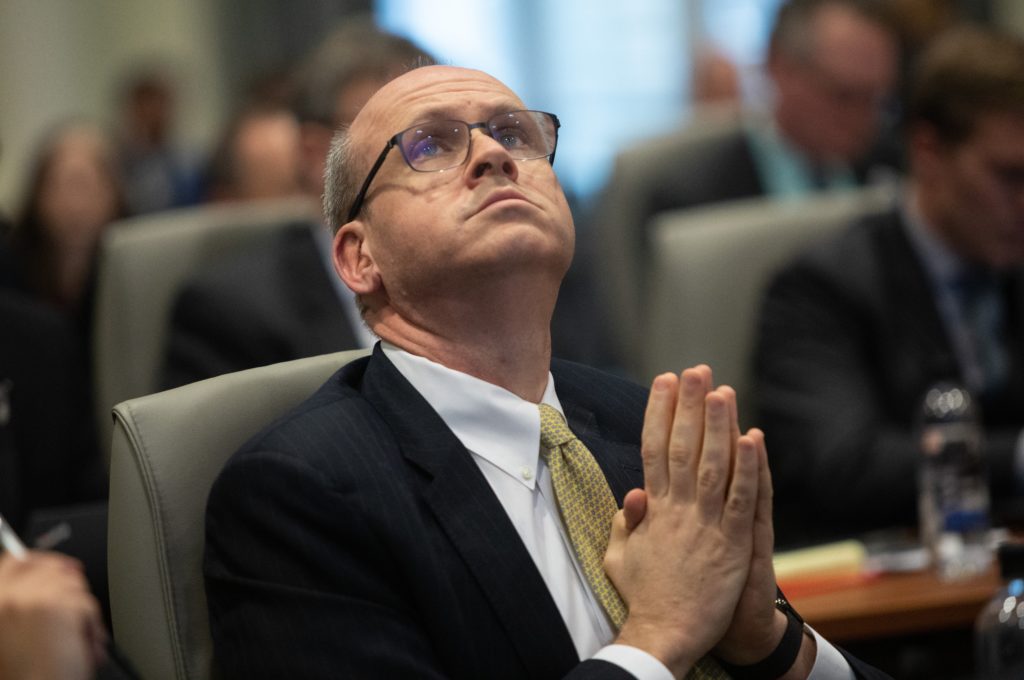BALLOT HARVESTING – GETTING DEMOCRATS ELECTED
Friday, May 29th, 2020
One lawyer’s dream come true: Getting Democrats elected

Excerpt From This Article: The Elias-suggested fix is for North Carolina to allow absentee ballots to be accepted up to nine days following the election, without a witness signature, without current voter signature matching, and without a proper postmark.
Marc Elias, the high-profile Washington, D.C., political operative with a law license, has one goal — getting Democrats elected to office. A crucial 2020 election and coronavirus have Elias believing he’s got an opportunity to put North Carolina in the win column for Democrats with expanded mail voting.
Elias, who the New York Times describes as “one of the most formidable election lawyers in the country, and arguably one of the most influential of unelected Democrats in Washington,” represented Hillary Clinton’s failed 2016 presidential campaign and has been at the center of the discredited Steele dossier.
North Carolina voters may remember Elias when he represented then–gubernatorial candidate Roy Cooper during the 2016 recount, which resulted in a Cooper victory and most recently when he represented Democrat congressional candidate Dan McCready, who almost captured North Carolina’s deep–red 9th District. Ultimately, Republican Dan Bishop won a special election contest after the original 2018 results were set aside because of absentee ballot improprieties.
Elias is back in North Carolina. Several weeks ago, he collaborated with highly partisan Obama era Attorney General Eric Holder to file a lawsuit in Wake County, which, if successful would legalize ballot harvesting — a tactic used in the disputed 2018 9th District election. Based on the new complaint, it appears Elias is OK with ballot harvesting, so long as the practice can be continued post-election day.






